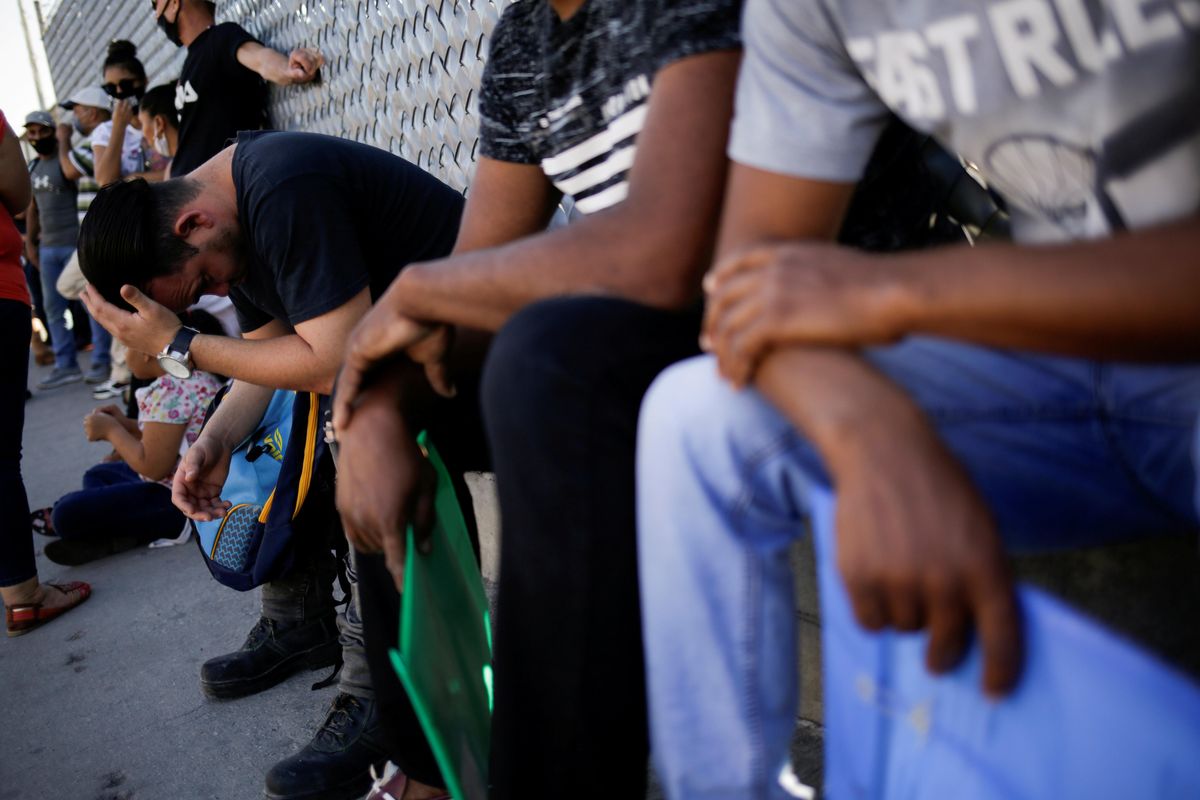SCOTUS brings back "Remain in Mexico" policy: The US Supreme Court has ordered the Biden administration to reinstate a Trump-era immigration rule that requires asylum-seekers who attempt to cross the US southern border to wait in Mexico until their applications get processed. This is bad news for Joe Biden for two reasons. First, he cancelled that policy because it failed to accomplish its stated goal of reducing processing backlogs, while leaving thousands of migrants stranded in Mexico in legal limbo. Second, Biden knows he can't actually implement the policy anew if Mexico doesn't agree to accept migrants whom the US wants to send back. More broadly, the ruling throws yet another wrench into an already testy US-Mexico relationship — with tens of thousands of vulnerable human beings caught in the middle. Biden, who's tied up with the Afghanistan fiasco these days, wants to avoid a tussle with the Mexicans amid record numbers of migrants arriving at the US border so far this year. The Mexicans, for their part, will probably want something in exchange (maybe COVID vaccines) to be helpful.
Haitian gangs run quake relief: Need assistance after the recent earthquake that has killed over 2,400 in Haiti? Call Jimmy "Barbecue" Cherizier, head of the notorious G9, a "federation" of nine criminal gangs that a year ago stopped fighting each other to declare war on Haiti's corrupt political class. In the wake of President Jovenel Moïse's July 7 assassination, Barbecue — an ex-cop known to burn his enemies alive — is arguably the most powerful person in the country. The government knows this, and so has secured a truce with the G9 to allow safe passage for aid. Indeed, Barbecue calling the shots on post-quake humanitarian relief illustrates the collapse of the Haitian state: If the government needs permission from criminal gangs to deliver assistance to victims of a natural disaster, it may also need their cooperation to eventually hold elections to replace Moïse — perhaps with a politician who's friendly to the G9.
Eritreans back in Tigray? For nine months the Ethiopian government has been warring — at various levels of intensity — with militant nationalists from the Tigray region who want more autonomy from the central government. Early on in the conflict, neighboring Eritrea sent in troops to help the Ethiopian army. In June, a shaky ceasefire was agreed to after Tigray forces gained the upper hand, and the Eritreans began to go home. But now US Secretary of State Tony Blinken says they're back. What's more, Ethiopian PM Abiy Ahmed reportedly made an unannounced stop in Asmara last week, for undisclosed reasons. These are ominous signals for a simmering conflict that is far from resolved. The US has slapped sanctions on Eritrean leaders who it says are responsible for war crimes in Tigray, but as we wrote recently, there may not be much the US can really do to avert a deepening catastrophe in Africa's second most populous country.






